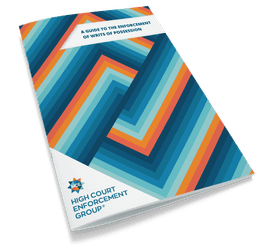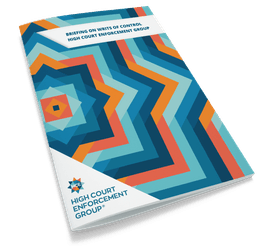The impact of debt on the mental health of debtors and creditors

Debt can be both a cause and consequence of mental health problems, impacting on the mental health of those owing money, as well as people with mental health issues being more likely to have debt problems.
- 1 in 2 British adults with debt issues has a mental health problem
- 1 in 4 British adults with mental health issues has a debt problem
What we feel is often missed in this space is the impact and stress that debt will also have on creditors, particularly those already suffering from mental health issues.
The Royal College of Psychiatrists reported that those patients with debt problems are twice as likely to develop major depression.
Debt charity StepChange stated in their Personal Debt Statistics Yearbook 2016 that one person contacts them every 53 seconds.
Advice for debtors
Our advice would be to not ignore the debt; ignoring it won’t make the problem go away and could make it worse. If the problem is dealt with as soon as possible, the outcomes are likely to be more manageable and less stressful.
There are many ways in which all debtors can get professional help. Money advisors are trained in providing free, confidential money advice and can help debtors:
- Manage their debt
- Negotiate with creditors to finalise an acceptable re-payment schedule
- Advise on other sources of help
Money advisors may ask for information about any mental health issues, using the Debt and Mental Health Evidence Form (DMHEF).
The DMHEF is a collaboration between the Money Advise Liaison Group and the Royal College of Psychiatrists and provides a standardised set of questions for advisers and creditors who need to collect information about a debtor’s mental health.
Advice for creditors
Much of the debt advice and support sector focuses its efforts on the challenges faced by the debtor, but we also see the impact that unpaid debt can have on creditors.
A sole trader or small business may be facing the prospect of insolvency because their invoices haven’t been paid. The person who helped a friend in need may now be struggling to make ends meet because they haven’t been paid back.
Such money worries can cause creditors to feel stressed, which may lead to mental health problems or make an existing problem worse.
If a creditor is struggling to get paid, they may need to take court action to recover the debt. This can be actioned via a solicitor or by the creditor themselves using the Government’s Money Claim Online service. We would recommend seeking legal advice, particularly if the debt is a large sum or the case is complex.
To find out more about debt and mental health
On our website we have links to a number of charities which provide debt management support.
If you would like to find out more about how we can help creditors, please visit our website to download our free guide to enforcement under a writ of control.



